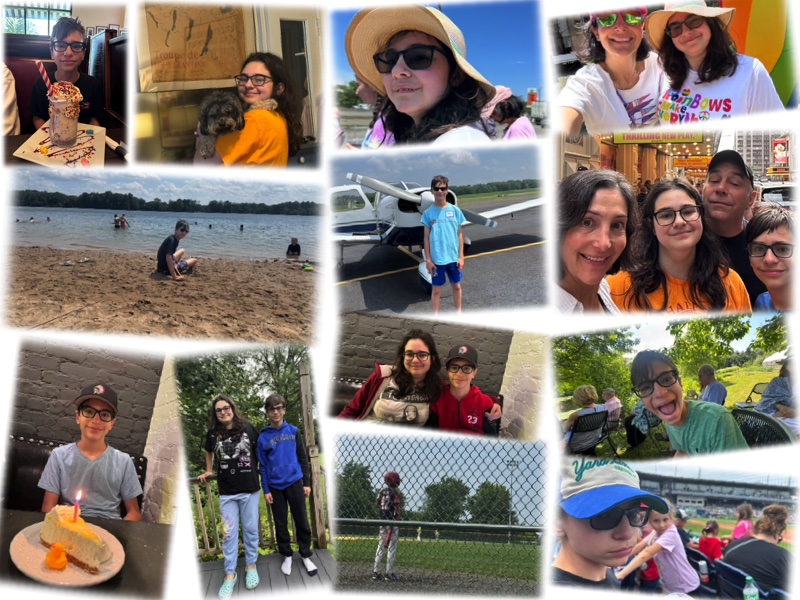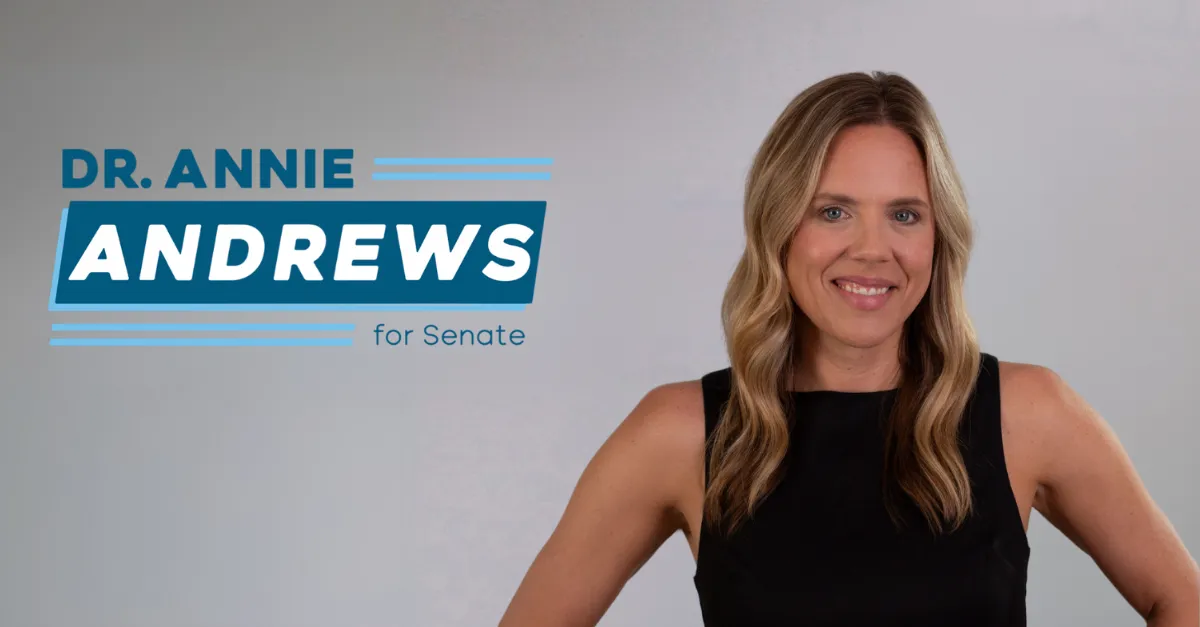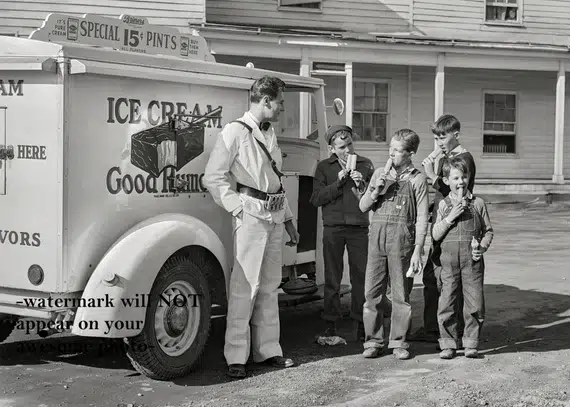On Saturday, I spoke at TEDxCornell.
It was the ninth TEDx Talk that I’ve delivered and one of the best TEDx conference I’ve ever attended.
There were lots of reasons for this. The team of Cornell students were some of the most professional, organized, and competent people with whom I have ever worked. They demanded excellence, meeting with me every other week for months, helping me to shape and hone my talk. The sound and tech teams were superb. The support that I received on the day of my talk was constant and encouraging.
When I took the stage on Saturday, I was as prepared as I’ve ever been to perform.
Here’s the impressive thing:
Everyone on that TEDx team was at least 25 years younger than me. One of the people helping me shape my talk was just 18 years old. Yet they never deferred to me, never stopped pressing me to be better, and never hesitated to offer me feedback.
They were faced with a professional public speaker, a TEDx veteran, a 55-time Moth StorySLAM and 7-time GrandSLAM champion who routinely gets paid to speak around the world, yet they treated me just like any other speaker in the conference.
I loved that.
It was their confidence that was most impressive. Their ability to assume an equal footing with me. The way in which we interacted as equals, regardless of our age difference.
It was so refreshing.
I’ve met many people over the course of my life who feel like age has bearing on status.
“Respect your elders” is a phrase we often hear.
When I was 17 years old – still in high school – I was promoted to manager at the McDonald’s where I was working. Some of the employees – men and women twice my age and more – had a hard time being managed by a teenager. Despite my ability to run a shift well and the general manager’s confidence in me, they balked at the thought of someone my age dictating their work day.
I’ve heard similar things said by teachers when their principal is a decade or two younger than them. I’ve heard it said by clients who criticize a supervisor for their age rather than their incompetence, assuming the two are somehow linked. I’ve heard it from friends when they discover that their doctor is younger than them.
It’s a belief that is both counterintuitive and stupid. It’s a belief that automatically confers status, prestige, and value to people who have been alive longer while assuming that younger people have less to offer.
It’s always annoyed me. It’s also unfounded.
I’ve learned more about teaching, for example, from my students than anyone else. Once per month, I request written feedback from my students relative to my performance. I ask them to comment on things I’m doing well and things I could be doing better. I ask them to make recommendations about how the school day should be run. Their feedback is always specific, pointed, unfiltered, occasionally heartwarming, and always helpful.
Last year I met with my students, one-on-one, to discuss race and social justice. I asked them to talk about how I was doing in terms of understanding and supporting them and what mistakes I may have made. My black students told me what I was doing well and when I had failed them. My Vietnamese students taught me things about their lives and culture that I had failed to see. A Puerto Rican student told me about a how I ‘d missed a chance to learn more about her culture and how it still bothered her. My white students talked about the uncertainty and powerlessness they sometimes feel when wanting to support their black and brown friends but weren’t sure how to do it properly.
All of that and much, much more.
I learned more during those conversations than I have learned from 24 years of professional development from grown-ass adults who claim expertise but often haven’t taught students in years.
Kids taught me how to be a better teacher and a better person.
On Saturday, I was given the opportunity to be successful because people half my age did not see my age or experience or expertise as relevant to the process. They saw me as a person with an idea to share and helped me craft and hone that idea over the course of several months. They helped me find the places where I needed to kill my darlings. They offered me much needed transitions between sections of the talk. They helped me make choices about stories and examples to include within the talk. They assisted me in assembling slides that would support the talk well. They offered feedback after every rehearsal.
To their credit, they also leaned on my experience, too. During the rehearsal of another speaker, for example, a member of their team asked me questions about the way the speaker was moving around the stage. I talked to him about how the speaker needed to utilize the front of the stage more, how purposeful pauses would land important points more effectively, and how to relax the speaker before their talk.
That feedback eventually made its way to the speaker, and their performance improved considerably.
I spent the weekend amongst a collection of college students decades younger than me, but I felt like one of them, and they embraced me like one of their own. We shared equal footing in the process, and as a result, I did well. I took the stage as confident as I have ever been. Prepared and practiced and relaxed. Supported and encouraged by a team of people who I had come to trust and value.
The TEDxCornell team was confident and competent enough to treat me as an equal, and I was wise enough to do the same.
You can learn a lot when you stop thinking about age and instead focus on collaboration, mutual respect, and the desire for excellence.










